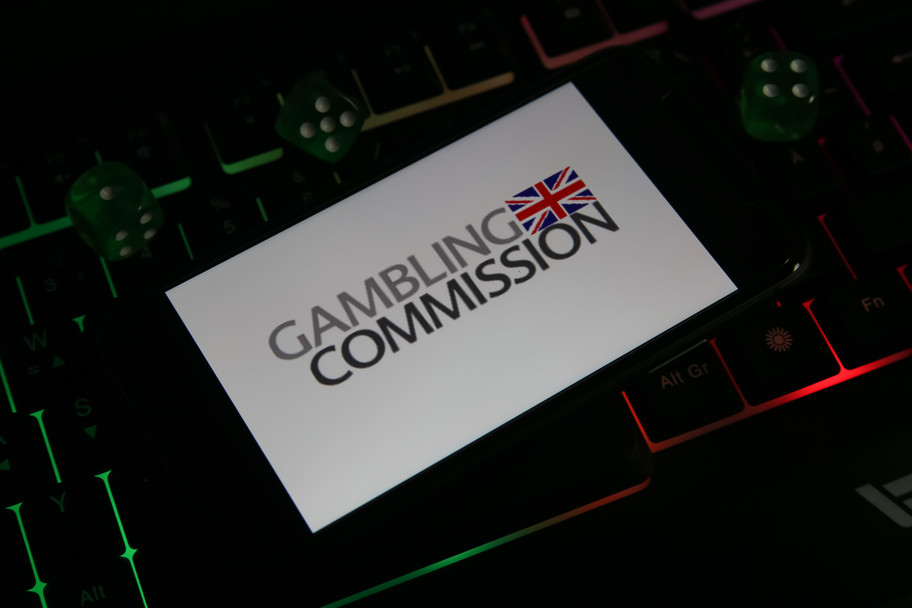UKGC Finds Gamblers Don't Trust Responsible Gambling Tools

Research conducted by the UK Gambling Commission has found that gamblers do not trust responsible gambling tools supplied by providers and view them as a PR exercise.
The research also found many gamblers were unaware of the tools being offered by businesses, although some bettors did note that certain responsible gambling measures, like deposit limits, did help reduce exposure to the adverse effects of gambling.
To learn more about responsible gambling, visit our responsible gambling at casinos page which also offers resources and advice on where to seek help if needed.
Following on from the annual Gambling Survey for Great Britain, published last summer, the UKGC undertook further research, in collaboration with NatCen, the National Centre for Social Research, and from LEAP, the GC’s Lived Experience Advisory Panel.
The new research aimed to identify what led people to partake in adverse gambling habits, any factors that contribute to its presence, and any measures that might have or could help prevent players from potentially harmful gambling activities.
The research found that adverse gambling could present as a result of early contact during childhood and adolescence, including observing parents and older siblings gambling.
The research also found factors like childhood experiences combined with employment status, health conditions, and socio-economic factors to determine how likely a gambler is to display adverse gambling. Participants in the study said they used a variety of techniques to help control gambling.
Of particular note, the study looked at tools offered by gambling companies themselves, supposedly designed to help players limit their exposure to gambling. Where players were aware of these support tools, most reported they were made aware of them by third parties or by conducting research themselves, rather than being directed to them by the gambling websites.
However, some did say that they received emails and messages from operators directing them to the tools as a result of the amounts they were gambling, or how often they were betting.
The tools that were used most often include self-imposed deposit limits and time limits, as well as full self-exclusion tools available on the sites.
Users said the tools were generally easy to use, and they did a good job of restricting the amount of time and money they spent on gambling. Furthermore, they said using these tools enabled them to spend more quality time with friends and family, therefore improving personal relationships.
Barriers to using exclusion tools included the fact that players did not feel their problem was severe enough to warrant it, and the feeling of stigma attached to using self-exclusion tools.
However, another barrier that existed was a distrust of the tools provided by gambling operators, with one participant, a male gambler aged over 55, saying: “’Well, we’ve got these tools and they’re there to help you.’ But I think indirectly they probably know that the actual participant will carry on doing it or even put some more into - put some more funds into the gambling. So, I don’t trust a lot of these so-called tools.”
The report goes on to state that interventions need to be targeted or flexible to meet the varying routes into and effects faced by problem gamblers.






 Betfred launches online slots progressive jackpot tracker
Betfred launches online slots progressive jackpot tracker
 “Luxurious” makeover of Bally’s Casino in Newcastle gets under way
“Luxurious” makeover of Bally’s Casino in Newcastle gets under way
 DraftKings announce company are successfully using AI ‘across the business’
DraftKings announce company are successfully using AI ‘across the business’
